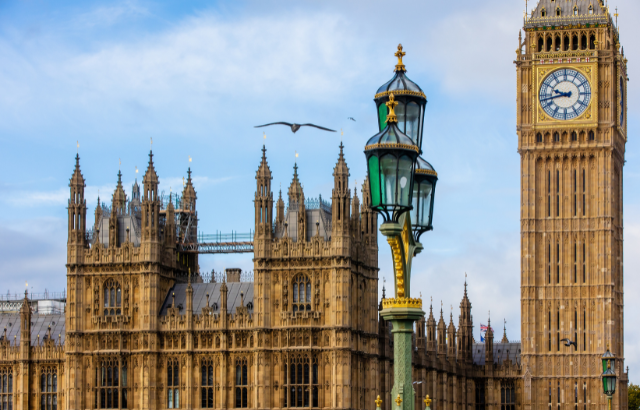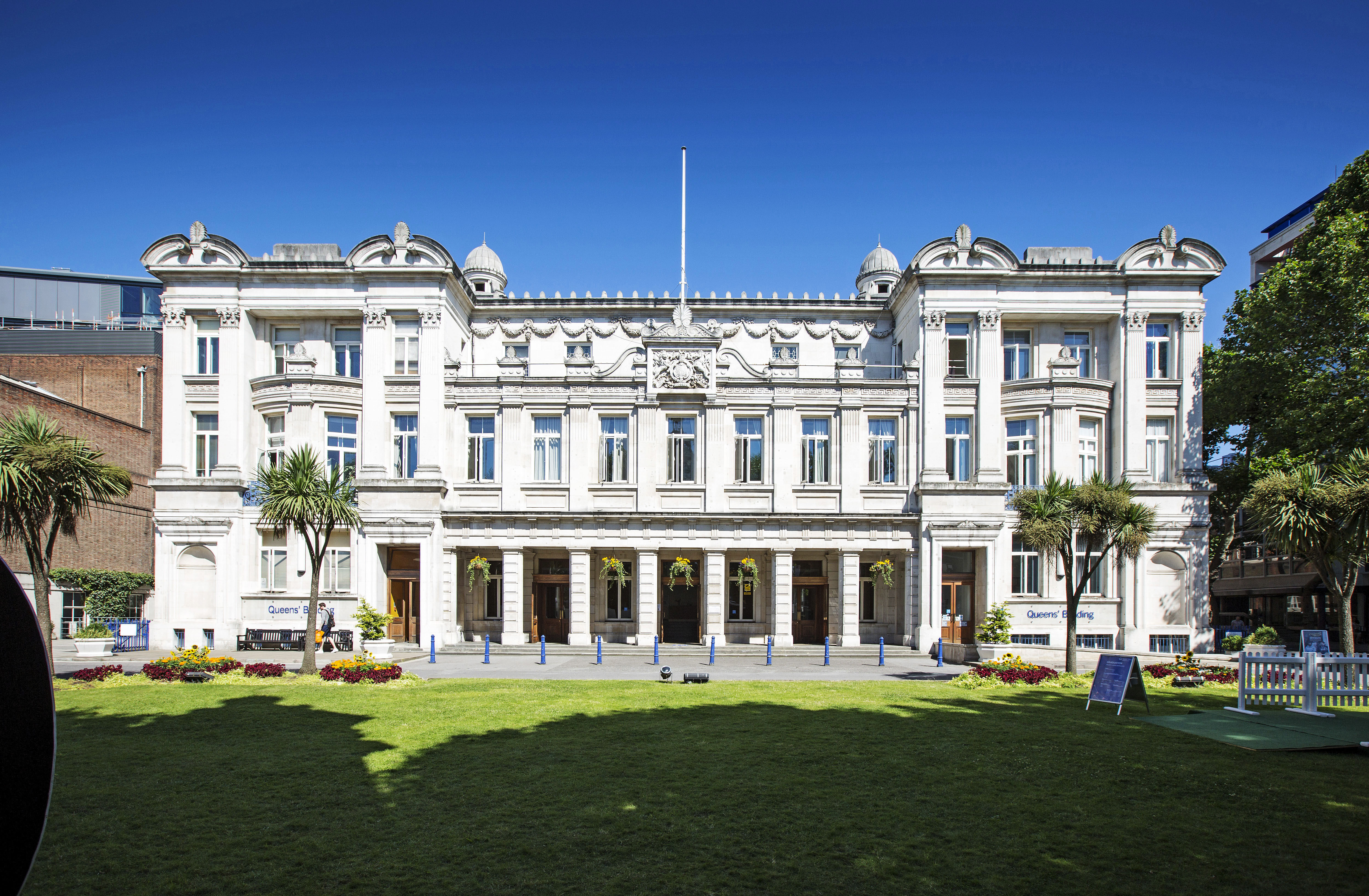Lindsay Hoyle: how the speaker dug himself an even deeper hole by offering and then denying the SNP a fresh Gaza debate
Daniel Gover, Senior Lecturer in British Politics, in the School of Politics and International Relations at Queen Mary University of London has written for 'The Conversation' on the the UK House of Commons Speaker Lindsay Hoyle's handling of a debate about supporting a ceasefire in Gaza.

Speakers of the UK House of Commons usually work hard to protect themselves from political controversy. To do the job well usually means to be (and be seen to be) a neutral umpire.
That is why Lindsay Hoyle, the current speaker, is still struggling to recover from the chaos caused by his handling of a debate about supporting a ceasefire in Gaza. An attempt to dampen things – by offering angry Scottish National Party (SNP) MPs the chance to hold a new debate – appears to have added fuel to the fire after he subsequently declined the party’s formal request.
The SNP remains furious about what happened on its opposition day on February 21, when it chose to debate a motion calling for a ceasefire in Gaza. The day descended into chaos when Hoyle allowed the Labour party to put forward its own amendment to the SNP motion. This was on top of the more standard amendment from the government.
The result of this action, as well as heated arguments, was that a vote on the SNP motion never went ahead. SNP MPs complained that their opposition day – one of very few granted to the party each year – had been effectively hijacked by Labour. There was a perception, whether fair or not, that the speaker had bent the Commons rules under pressure from Labour.
In response to the anger caused by his decision, the speaker publicly offered the SNP an “SO24” – that is, an emergency debate under Commons Standing Order No. 24. These, as the name suggests, are Commons debates scheduled at short notice on an urgent matter.
Unlike most Commons business, which is effectively controlled by the government, emergency debates are entirely within the gift of the speaker, a point Hoyle made directly to the SNP’s Westminster leader. Soon after he issued the proposal, the SNP leadership announced that it would take up the offer. Crucially, though, the party demanded that there should be a meaningful vote at the end of the debate on supporting a ceasefire.
Why the fresh debate never went ahead
It was never clear quite how an emergency debate on a Gaza ceasefire would work. There are, broadly speaking, three categories of Commons motion. Some are “neutral”: these do not express an opinion but are essentially just a device to facilitate a debate.
Others are “substantive” and do express an opinion. Almost all opposition day motions fall into this category, including the original SNP motion that was not voted on because of the chaos on February 21.
A third category – which is really a subset of the second – is “binding” motions, which compel some sort of action. These are much rarer and – while not unheard of on opposition days – difficult to envisage on this topic.
Under the House of Commons procedures, emergency debates must be held on a motion that “the House has considered the specified matter”. This has traditionally been interpreted to mean a neutral, non-substantive motion.
Such a debate was always unlikely to be acceptable to SNP MPs. After all, they already held a debate on the topic when they put forward their original substantive motion. What they were denied was the chance to vote on it.
It is presumably for this reason that the party let it be known that they wanted a “meaningful vote”. Much has been read into this term, drawing (probably unhelpful) parallels to the fraught Brexit period.
On Brexit, MPs secured the right to formally approve the UK’s EU withdrawal agreement – making the motion binding. In the case of the Gaza motion, it doesn’t appear that the SNP was seeking to make a vote binding but that it was asking for a “substantive” motion – as originally planned on its opposition day – rather than being neutral.
While Erskine May, the authoritative guide to procedure, does identify some exceptions to the practice of neutral motions on emergency debates, these are rare and potentially controversial.
Erskine May cites only a handful of examples, all under the speakership of John Bercow. Most are from the Brexit period, when parliament found itself in deadlock again and again over Theresa May’s EU departure deal.
Bercow’s innovative reinterpretations of House of Commons procedures were controversial – and, notably, something Hoyle had positioned his speakership firmly against.
Having publicly offered the SNP an emergency debate, the speaker turned down the party’s application on February 26. The explanation given by Hoyle was that he was required to consider the “probability of the matter being brought before the House in time by other means” – words taken from the standing orders.
As Hoyle explained, MPs had already passed a resolution the previous week. The government also planned to make its own statement on the matter. These points, however, make it all the more baffling as to why the offer was first made.
Now what?
As a result of the furore, a growing number of MPs have signed an early day motion expressing no confidence in the Speaker – now at almost 100 MPs. They are mainly Conservative and SNP MPS but Plaid Cymru has also joined. The Welsh party’s Westminster leader Liz Saville-Roberts cited “the handling of business” in supporting the motion.
While Hoyle’s opponents have no immediate mechanism to bring the motion to a vote, such widespread criticism will be deeply uncomfortable for the speaker. To perform his job, he has to maintain order and enforce sometimes difficult decisions.
This is only possible with the consent and goodwill of the house. For Hoyle to survive beyond the immediate term, he will need to regain these MPs’ trust.
This article first appeared in 'The Conversation' on 29 February 2024.
Related items

29 August 2025

25 June 2025
